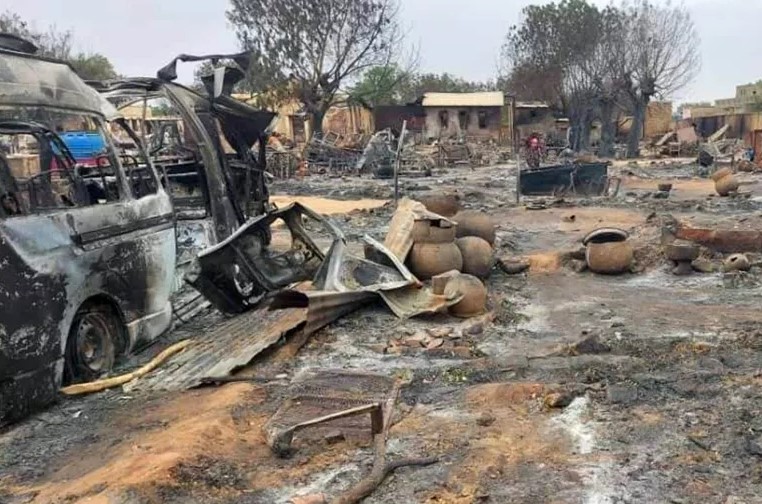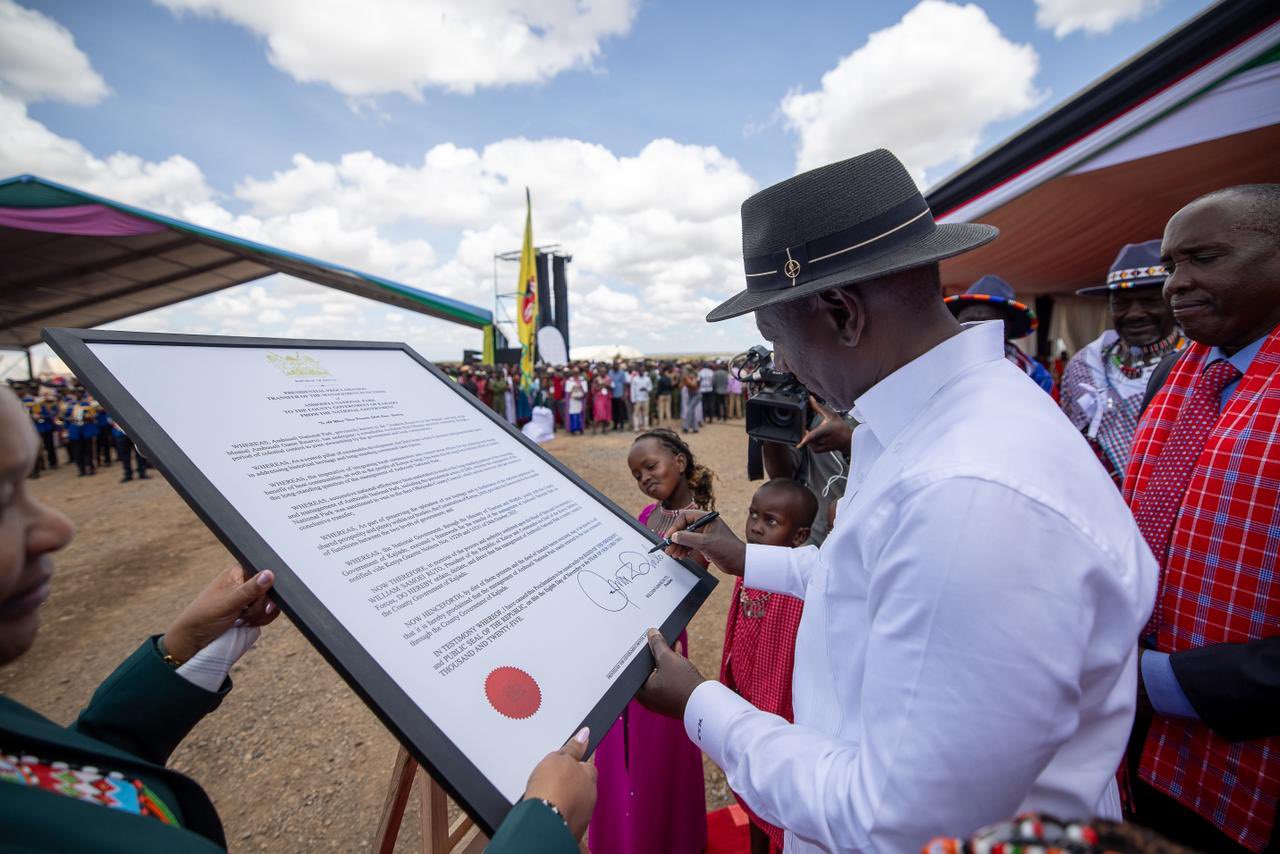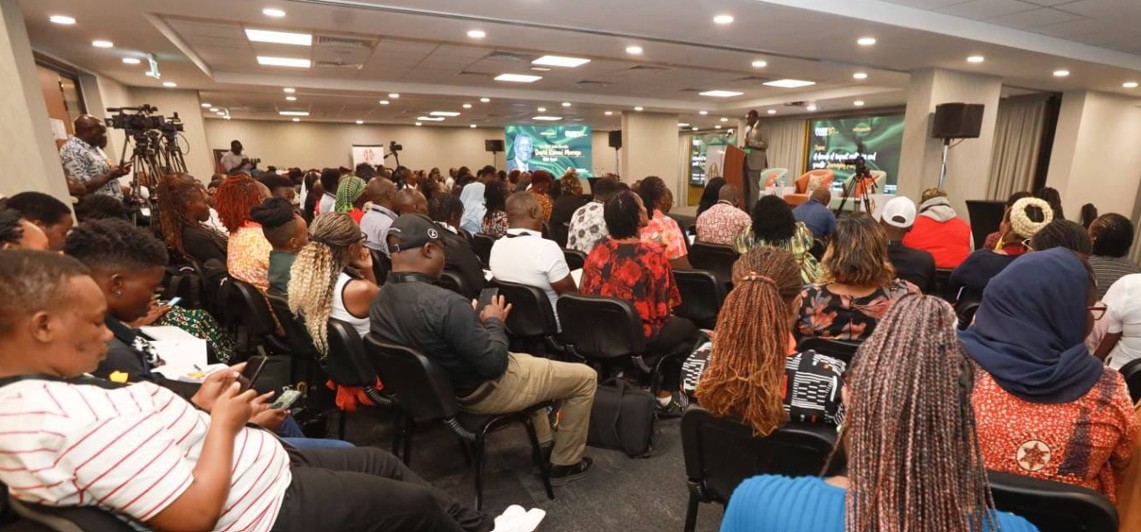Sudan war: UN raises alarm over civilian safety in North Darfur state

According to the UN Office for the Coordination of Humanitarian Affairs (OCHA), at least 130,000 people have been displaced in and around Al Fasher over the past two months.
The United Nations has expressed deep concern about the welfare of civilians caught in intense fighting in the capital of Sudan's North Darfur state, Al Fasher.
According to the UN Office for the Coordination of Humanitarian Affairs (OCHA), at least 130,000 people have been displaced in and around Al Fasher over the past two months, with figures provided by the UN Migration Agency (IOM).
More To Read
- Why UN’s gradual move back to Khartoum, Sudan is ‘an important step’
- UAE, US top diplomats discuss Sudan ceasefire efforts
- Trump to focus on ending Sudan civil war
- IGAD leads new push for Peace in Sudan as regional and global partners back three-step plan
- Egypt rejects any attempts to divide Sudan: FM
- UN aid office pushes for ‘unhindered’ humanitarian access in Sudan
UNICEF has raised alarms about a potential water cut-off for 270,000 people in Al Fasher and nearby areas following reports of armed clashes over control of the Golo water reservoir.
“The agency is calling on all parties to abide by their obligations under international humanitarian law and end all attacks on or close to critical civilian infrastructure, including water systems and facilities, hospitals, health centres, and schools,” OCHA stated, as reported by the Sudan Tribune on Wednesday.
Since March, an estimated 3.7 million children under the age of 5 and 1.2 million pregnant and breastfeeding women have been acutely malnourished.
There are also concerns about the severe underfunding of the 2023 Humanitarian Response Plan for Sudan.
Of the US$2.7 billion needed, only $430 million has been received.
Despite these funding gaps and other challenges, such as active fighting, insecurity, looting, and access impediments, humanitarian partners are making every effort to assist those in need across the country.
More than 8.8 million people have fled their homes since mid-April 2023, with food access being the top priority need for the internally displaced persons, followed by healthcare, water, and sanitation services.
Top Stories Today












































